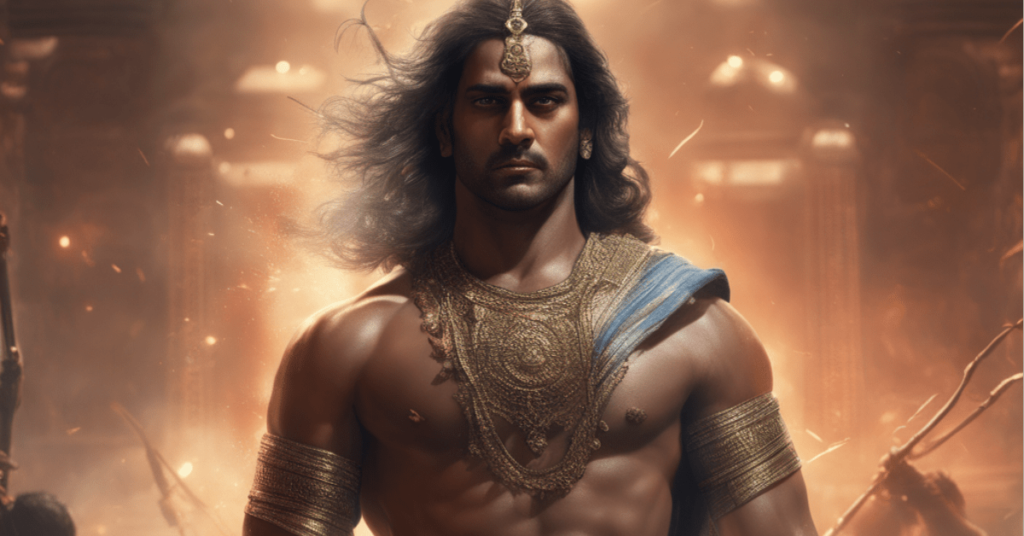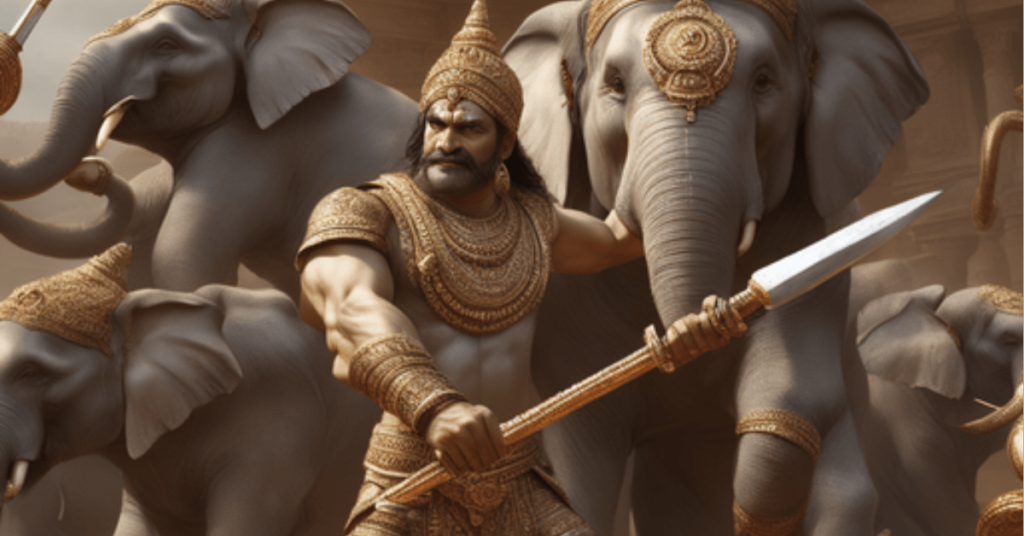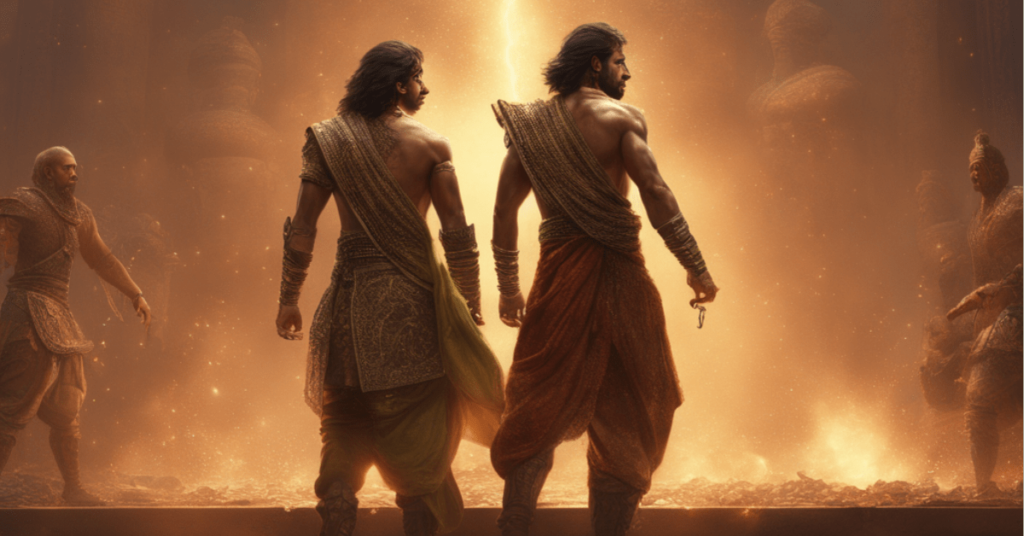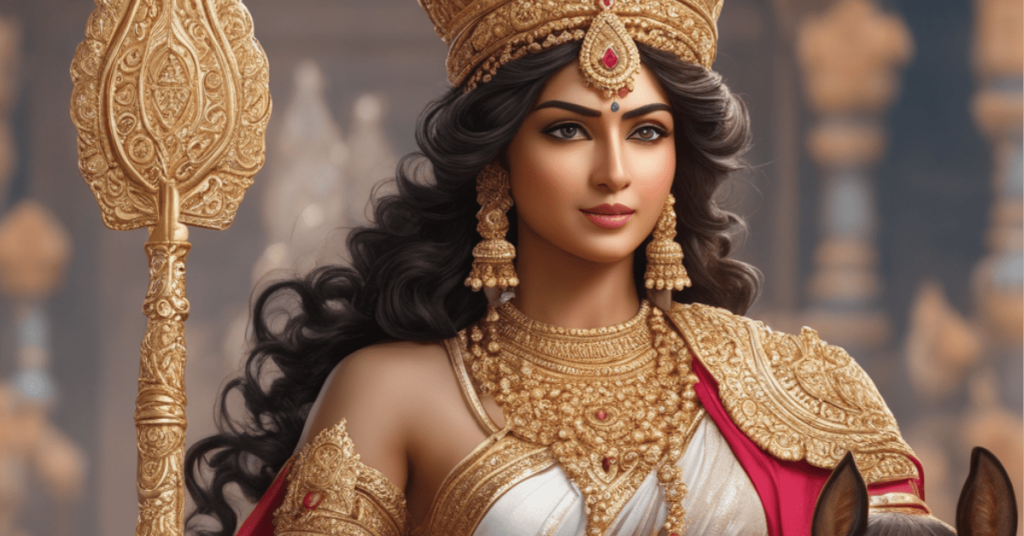Mahabharata being one of the greatest Hindu epics holds the best lessons that continue to impact people even today. It holds the greatest treasures of lessons that overwhelms us and provides solutions to many life problems. Mahabharata’s lessons give us the tips and tricks to lead a happy life. In this article ‘Mahabharata Life Lessons:8 Wisdoms from the Mahabharata Epic‘ , we will share with our readers the lessons from the Mahabharata that continue to influence lives positively, even today.
The teachings of Mahabharata
1. No revengeful instinct :
According to this lesson, we must not let a revengeful attitude take over us in our lives, as it is the main cause of destruction. Supporting the lesson with an example, we talk about the war between the Kauravas and the Pandavas, which was a revenge. The Kauravas always had a revengeful attitude towards the pandavas, which led to a war. The war affected Draupadi and Abhimanyu as Draupadi lost her five children and Abhimanyu lost his life to the war.
2. Always stand for the right :
We must always support the right, irrespective of who our opponents are. In the Mahabharata, Arjuna was scared in the beginning to fight the war against his brothers, mentor and uncles. However, reminding him of his duties and dharma, Krishna told him to fight the war even though it was against his family. This shows that we must always stand for the right.

3. Little knowledge is a dangerous thing :
We must have a complete knowledge of anything we are going to do, or it might have an adverse affect on us. Supporting the lesson with an example from the epic, we talk about Abhimanyu, the son of Arjuna. He lost his life, as he only had half knowledge about entering the Chakravyuh.
4. Greed only brings Poverty :
If you are greedy, you only lose. Just like in the Mahabharata, Yudhishthir lost everything in the game of gambling because of his greed.

Also Read – The Pursuit of a Happy Life: 18 Japanese Wisdom and Techniques
5. Never Give Up :
Giving up on your goals should never be an option no matter what the situations are. Karan is the best example from the Mahabharata who teaches the lesson of not giving up. Dealing with discrimination and disgrace throughout his life, in spite of having skills equal to Arjuna, he never received respect and platform for showcasing his skills, just because he was called a Sutaputra (none of the parents are Brahmana or Kshatriya). However, he never got distracted from his goals and became a famous archer.

6. Everlasting Friendship :
Mahabharata teaches us a lesson that Friends are the only people who support us and stand by us in difficult times. The friendship between Arjuna and Krishna, Karan and Durdhoyan is a perfect example of how friends support us. Karan stood up against the Pandavas for his friendship bond with Duryodhana in spite of knowing that the Pandavas were his brother.


7. Be a strong Woman :
Draupadi from Mahabharata is a perfect example of a fierce and strong woman. She took a stand for herself in spite of being insulted by so many people. Similarly we must be strong like her and take a stand for ourselves in the difficult times.

8. Everything Happens for Good :
One must not lose hope in life and stand strong, having a faith that everything happens for good. Supporting the lesson with an example from the Mahabharta, we see that the Kauravas insulted Draupadi, with her ‘cheer haran’ in front of everyone, but she did not lose hopes and later this led to the establishment of dharma.
Must Read – Lord Rama Quotes: 9 Quotes That Will Change Your Thinking
FINAL WORDS
Mahabharta is one of the most powerful epics of hinduism that provides people with an insight of the ancient period and teaches them many life lessons with powerful examples. The book has the power to change the way a person looks at life. The epic is full of inspirational characters like, karan, Duryodhan, Arjuna, etc who continue to set an example for people even today. Therefore, do share this article ‘Mahabharata Life Lessons:8 Wisdoms from the Mahabharata Epic‘ with your friends and family members, to enhance their knowledge about the great epic, and help them imply these lessons in their life.
